- All posts
- Alopecia
- Anti-Inflammatory
- Antioxidant
- Appetite Suppressant
- Balance Hormones
- bing eating help
- Boosts Energy
- Boosts Immunity
- Calming
- carb blocker
- Cissus Quadrangularis
- Control Blood Sugar
- craving blocker
- EMPOWER
- Endurance
- energy
- Fat Burner Ingredients
- FORTIFY
- Gut Health
- Hair and Nails Support
- Hair Loss
- Heart Support
- IGNITE
- Immune Support
- Improve Blood Flow
- Improve Memory
- Improve Stress
- Improves Focus
- Insulin Resistence
- Liver Health
- Lung Support
- Metabolic Support
- Mood Enhancer
- Optimize
- Remove Toxins
- Sleep Aid
- sugar blocker
- Thyroid
- Transformation Program
- Weight Loss
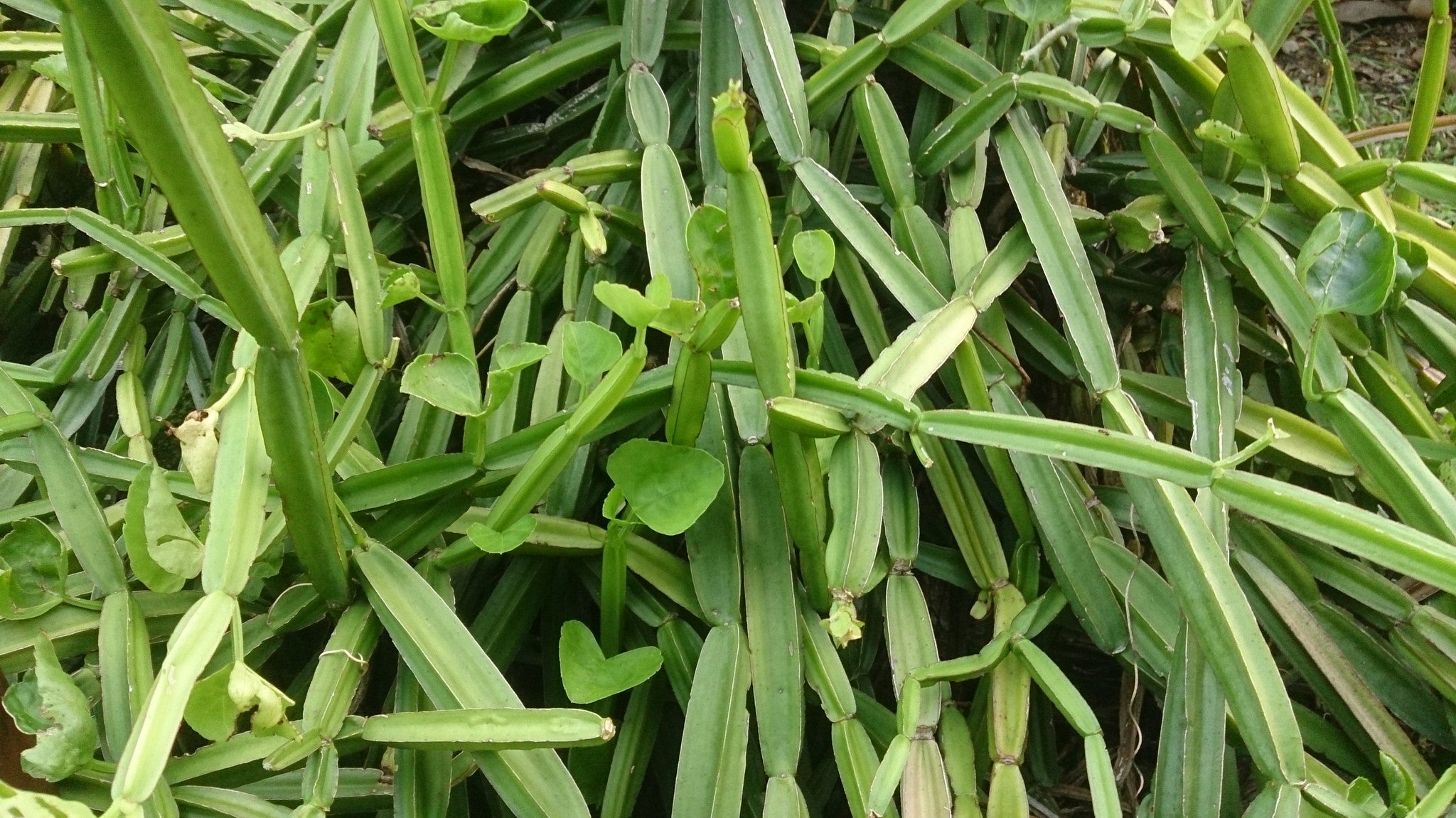
Cissus Quadrangularis, (a key ingredient in IGNITE) is a perennial plant that is part of the grape family. It is believed to be native to either Sri Lanka or India but is also found within Arabia, ...
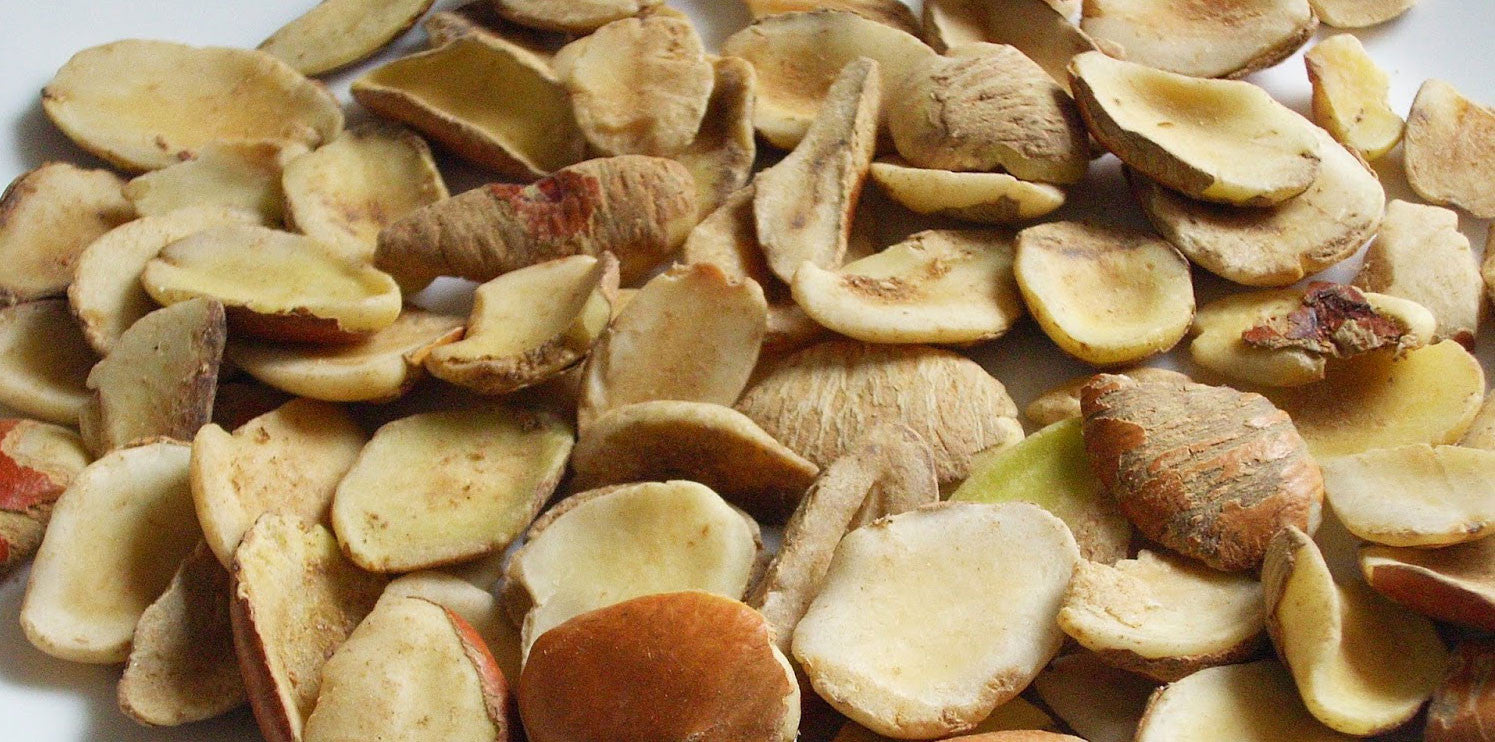
Irvingia Gabonensis (African Mango)
Irvingia Gabonensis (African Mango) Irvingia Gabonesis, also know as African Mango, is a West Aftrican tree whose fruit is sweet, edible, and similar to a mango. Prized for its many uses, the bark,...
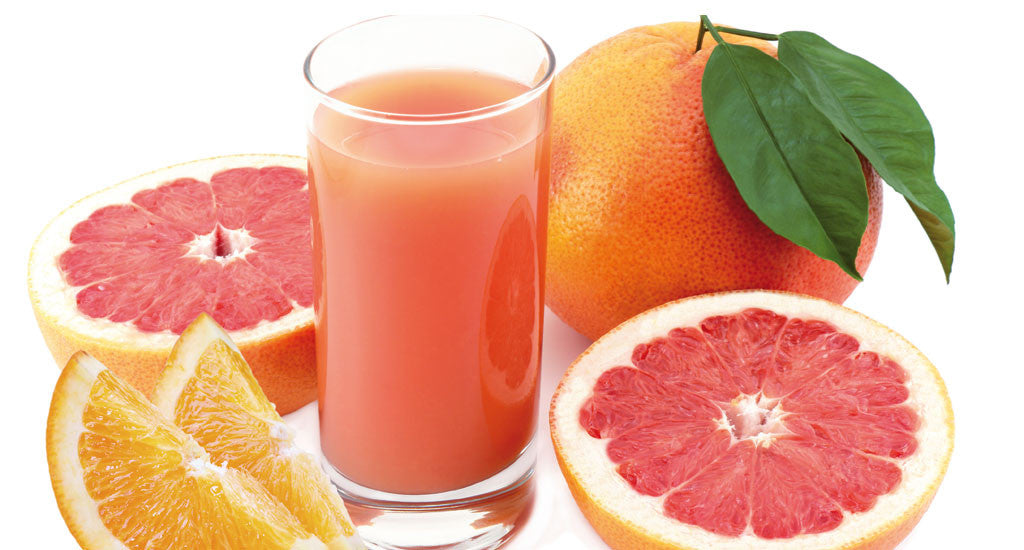
Sinetrol citrus extract is a patented, proprietary blend of several polyphenolic compounds extracted from various citrus fruits including orange, blood orange, and grapefruit. It combines these bio...
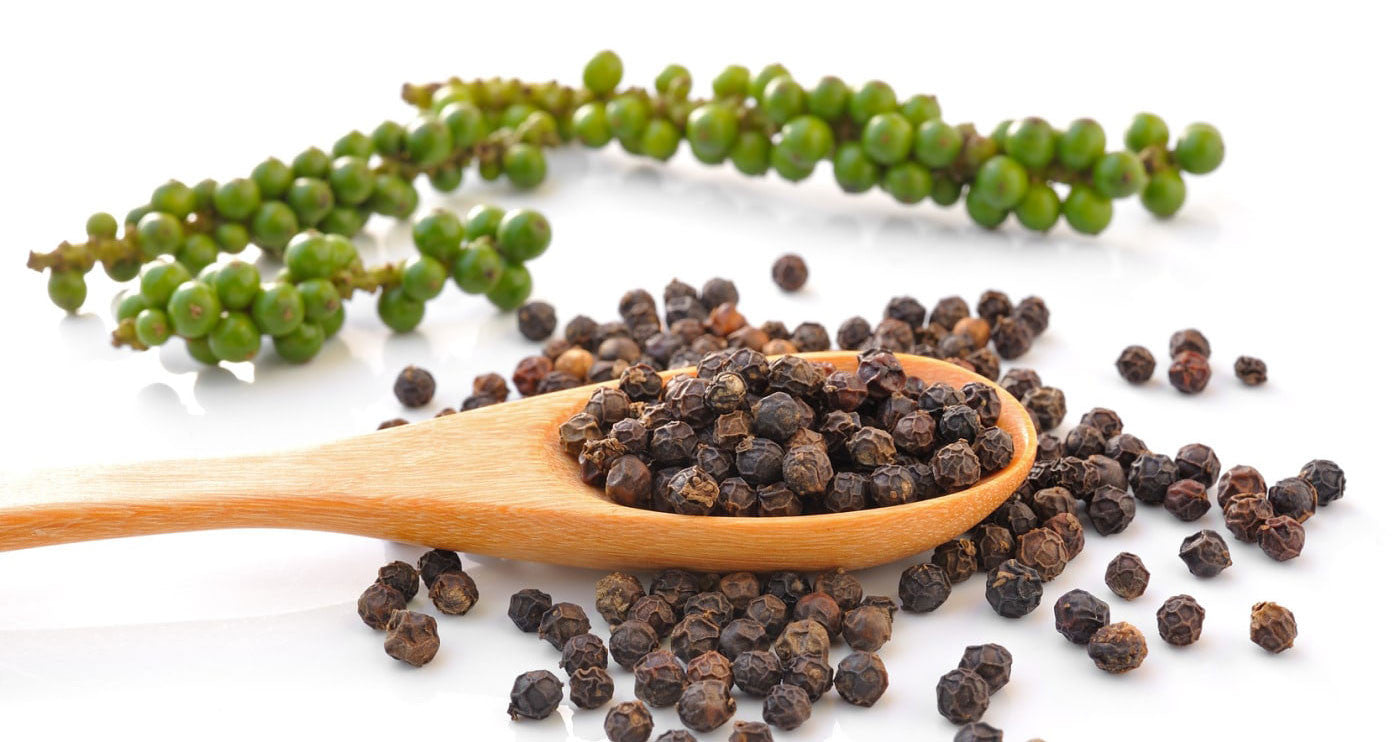
Piperine in black pepper has been shown to reduce fat levels in the bloodstream as well as antioxidant benefits. It has a long history of use in Eastern medicine for treating gastrointestinal issue...
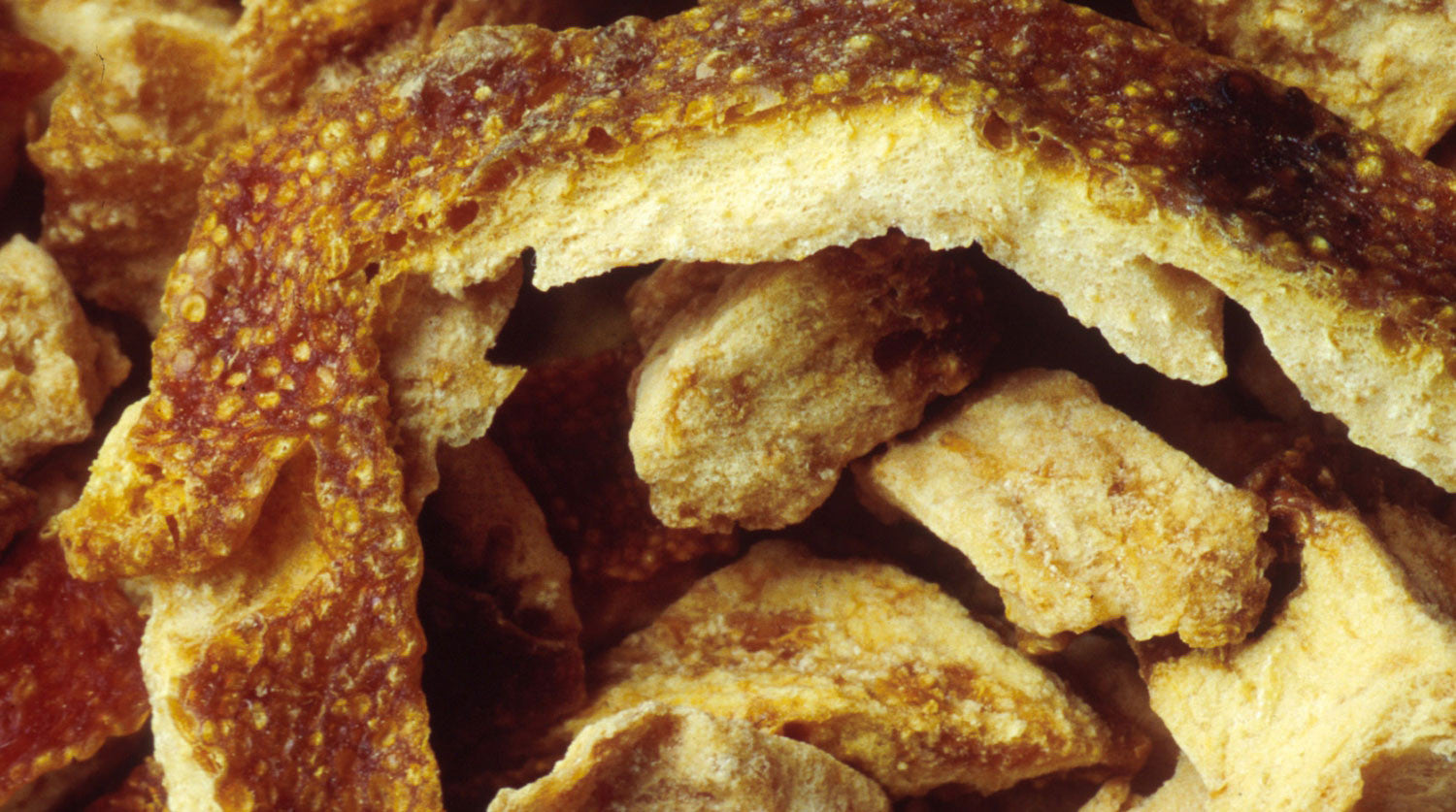
Bitter Orange Extract (synephrine)
Bitter Orange Extract is a patented complex that contains p-synephrine, n-methyltyramine, hordenine, octopamine, and tyramine and is designed to boost the metabolism, suppress hunger, and encourage...
